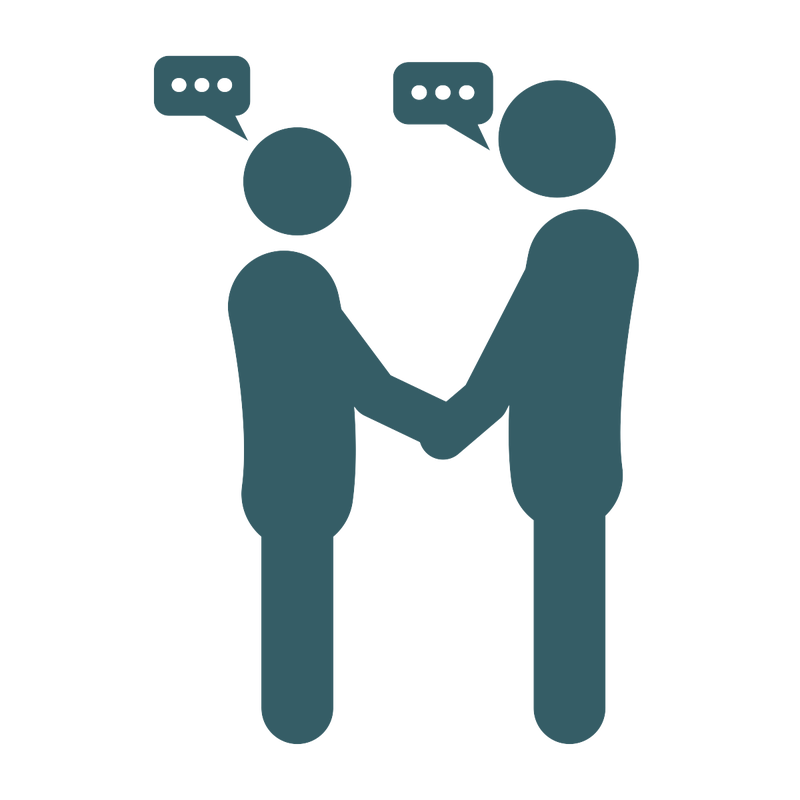through spontaneity we are re-formed into ourselves...the moment frees us from handed down frames of reference, memory choked with old facts and information, and undigested theories and techniques of other people's findings. Spontaneity is the moment of personal freedom… In this reality the bits and pieces of ourselves function as an organic whole." Viola Spolin, the mother of improvisation training
0 Comments
 How does a physician learn to read body language, listen with full attention, and deal with the unexpected? The Northwestern University Feinberg School of Medicine in Chicago offers medical students a four-week improvisation class called "Playing Doctor." Students gain an opportunity to look at status, to practice collaboration instead of competition, to think creatively and act, rather than freeze, in rapidly changing circumstances. Read more about medical improv here and here.  Outside-the-box thinking, innovative products, ideas and approaches - these are gold to growing, adaptive organizations. The problem is that leaders often don't know how to help their people get there. You may know the saying, "If you do what you've always done, you'll get what you've always gotten." So how do we get something new? Roger Chandler of Intel shares his insights on applying principles of improvisational theatre to get quick results from collaborative teams:
It's a story I hear again and again. "I took an improv class, and it changed my life/outlook/confidence..." etc. We all deal with some level of uncertainty on a daily basis. Likewise, we engage in conversations and relationships, work in groups, make choices, mess up, and choose the next step. In this brief article, writer Kim Quindlen lists the life lessons that she gained from playing improv. Some of these are:
 First of all, I must tell you that Bernard DeKoven is one of the loveliest humans I have had the pleasure of meeting. He has made a career of bringing play and playfulness to a world that so needs these things. In the late 1960s, Bernie wanted to make learning more fun for his 5th and 6th grade students, and so he made a game of everything possible. He has practiced and perfected what he calls "the playful path" ever since then. He is a game developer, teacher, and speaker, but above all, he is someone who sees that the human capacity for joy is closer than many of us realize. In this post, Bernie notes that it's obvious how to make life fun again, "Because the invitations are everywhere. And all we need do to make our game of life more fun is open those invitations and ourselves a little bit more up, and, from time to time, maybe just once in a while, play, help, love. An article in The Atlantic magazine looks at psychologists who are applying improv as part of a therapeutic practice. Key elements of improv theatre include acceptance (yes, and...), collaboration, making your partner look good, and making strong choices without knowing where they will lead. The psychologists in this article say that playing improv games together generates trust in the group and greater self-confidence. "The lack of planning and structure in improv means that performers must function without a safety net, but...if all play authentically to each other, fear of failure loses its sting—a net of support is constructed from the openness, trust, and acceptance.”
Read the article here. |
Archives
March 2020
Categories
All
|


